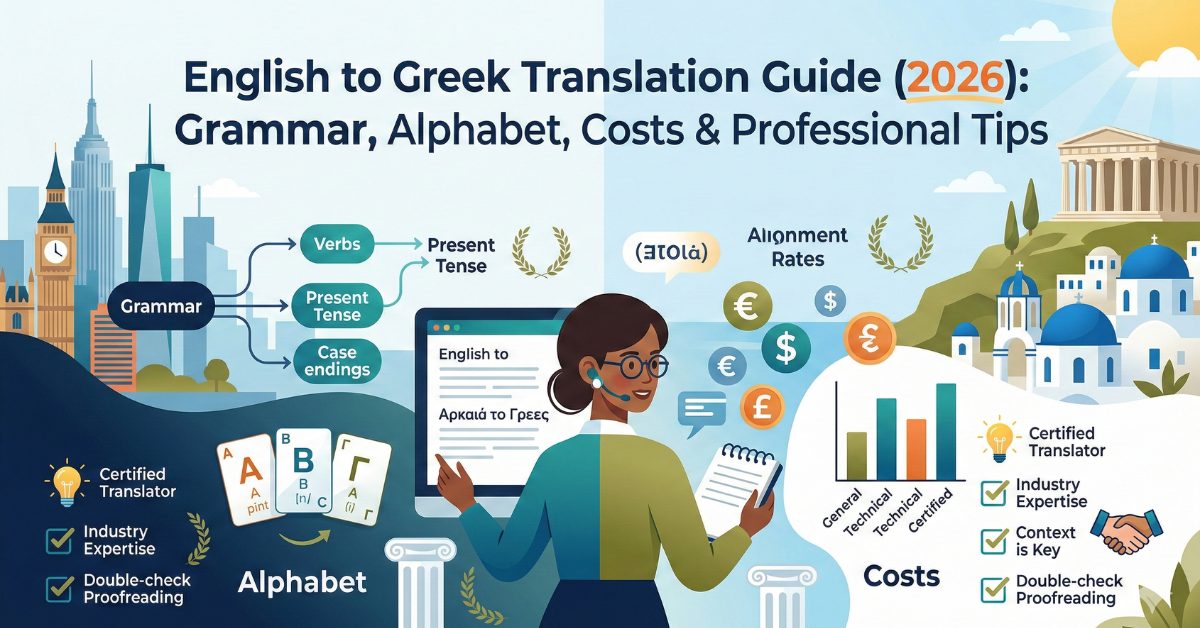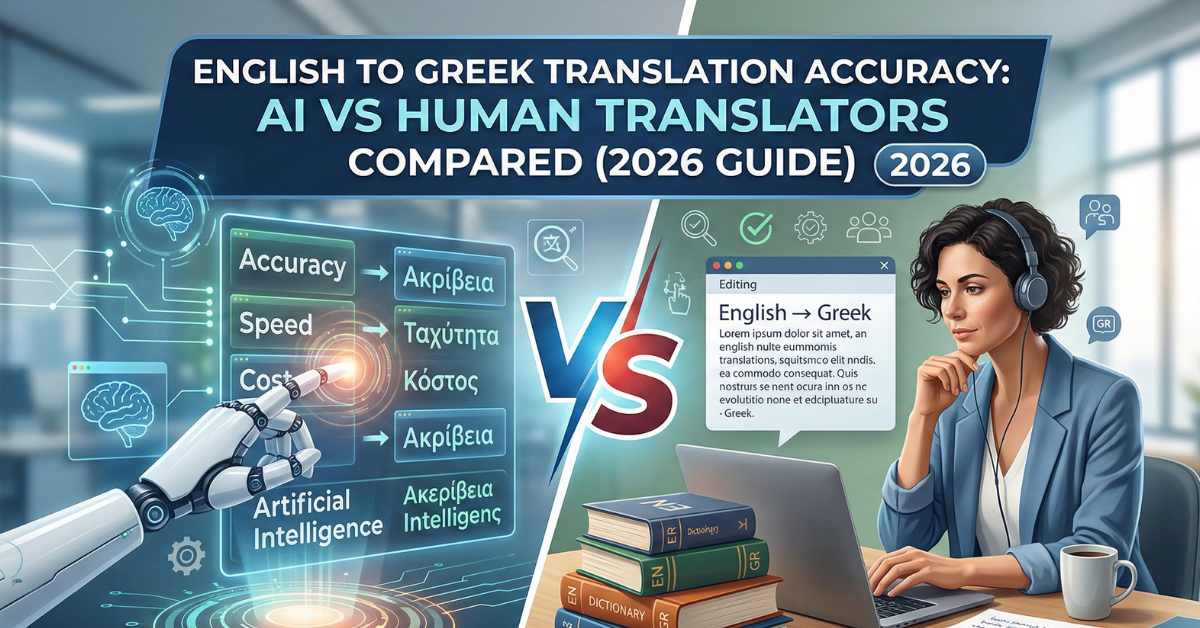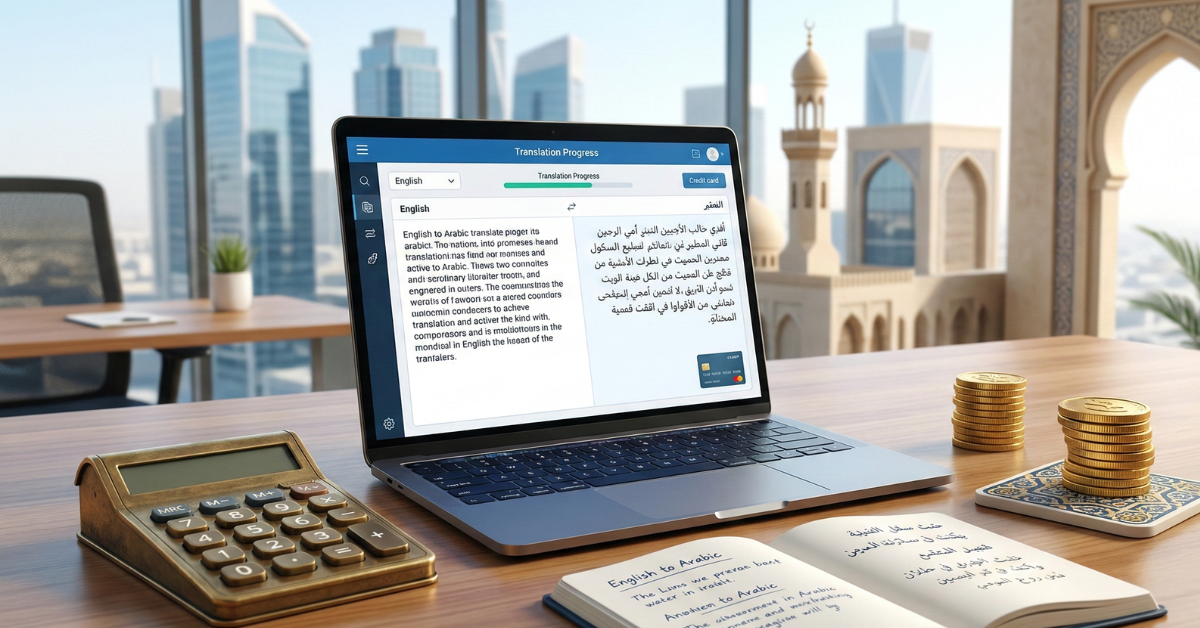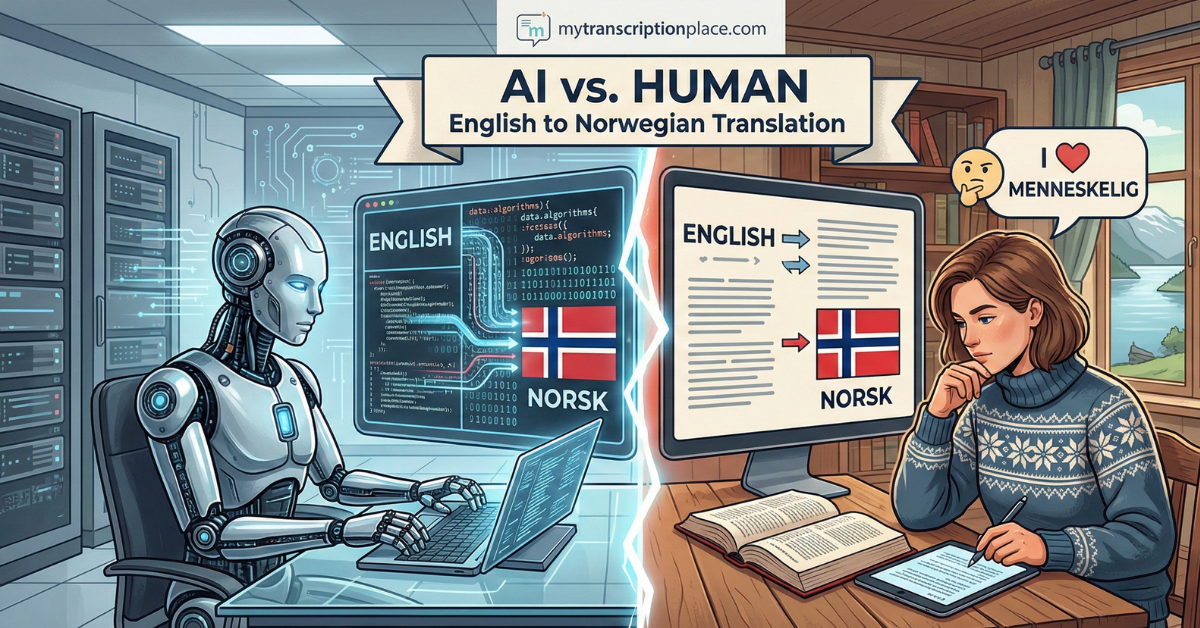How to Choose the Right French Translation Service Provider
Sep 15, 2025, Nishi SinghI’ll never forget the call. A frantic project manager from a major tech firm was on the line. Their company had just launched a multi-million dollar marketing campaign in France, but something was terribly wrong. The slogan, which was clever and punchy in English, had been translated literally. Instead of conveying innovation and speed, it came across as nonsensical and slightly rude. The fallout was immediate: confused customers, mocking social media posts, and a brand reputation taking a nosedive.
This story isn't just a cautionary tale; it's a real-world example of what happens when the selection of a French translation service provider is treated as an afterthought. Finding the right partner for your translation needs isn’t just about converting words from one language to another. It’s about conveying meaning, nuance, and intent flawlessly. How do you find a provider that gets it right every time?
This guide will walk you through the essential steps to select a partner who can protect your brand, communicate your message accurately, and open doors to the French-speaking market.
Beyond Bilingualism: What to Look for in Professional French Translators
Anyone who speaks two languages can translate, right? Not quite. Professional translation is a skill honed through years of training and experience. It's an art form that balances linguistic precision with cultural understanding. When you're vetting a potential service, you need to look beyond a simple claim of being "bilingual."
Subject Matter Expertise is Non-Negotiable
Imagine asking a poet to translate a complex legal contract or a legal expert to translate a delicate piece of marketing copy. While both might be fluent in French, the results would likely be disastrous. The best professional French translators are specialists. They possess deep knowledge in specific fields like law, medicine, finance, or technology.
This expertise means they understand the specific terminology, jargon, and formatting conventions of your industry. When you require French document translation for a technical manual, you need someone who understands the engineering concepts, not just the words used to describe them. Always ask a potential provider about their translators' backgrounds and whether they have specialists in your specific domain.
The Human Touch vs. Machine Translation
Machine translation (MT) tools like Google Translate have come a long way. They are great for getting the general gist of a text or for casual, low-stakes communication. However, relying solely on MT for professional purposes is a massive gamble. Machines can't grasp cultural nuance, humor, or idioms. They often produce translations that are clunky, literal, and devoid of the persuasive power your original text held.
A quality French translation service provider will use technology to assist their human translators, not replace them. Tools like translation memory (TM) and terminology databases help ensure consistency and improve efficiency, but the final product is always shaped by a skilled human linguist.
The Importance of Certified French Translation Services
In certain situations, a standard translation isn't enough. When dealing with official documents for legal, immigration, or academic purposes, you often need a certified translation.
What is a Certified Translation?
A certified translation includes a signed statement, or "Certificate of Accuracy," from the translator or translation agency. This statement attests that the translation is a complete and accurate rendering of the original document to the best of their knowledge. This certification adds a layer of official accountability.
When Do You Need Certification?
You'll typically require certified French translation services for documents such as:
- Birth certificates and marriage licenses
- Academic transcripts and diplomas
- Legal contracts and court documents
- Immigration paperwork (passports, visas)
- Patents and intellectual property filings
When choosing a provider, confirm that they offer certified translations and understand the specific requirements of the institution or government body that will be receiving the document. A misplaced signature or incorrect formatting can lead to costly delays and rejections.
Vetting a French Translation Service Provider: A Practical Checklist
Now that you know what to look for, how do you evaluate potential partners? Don't just pick the first name that appears in a search result. A little due diligence goes a long way.
1. Ask for Samples and Case Studies
Reputable providers will be proud of their work. Ask to see examples of translations they have completed for clients in your industry. Case studies are even better, as they demonstrate how the provider solved a specific problem for a client, showing their process and the results. Pay attention to the quality of the language and how well it reads. Does it flow naturally, or does it sound stiff and translated?
2. Inquire About Their Quality Assurance (QA) Process
A one-and-done translation process is a red flag. A professional workflow involves multiple steps. The industry standard is a TEP process: Translation, Editing, and Proofreading.
- Translation: The initial translation is done by a professional native-speaking linguist with subject matter expertise.
- Editing: A second linguist reviews the translation against the original source text to check for accuracy, consistency, and style.
- Proofreading: A final check is performed on the translated text to catch any typos, grammar mistakes, or formatting errors.
Ask any potential provider to detail their QA process. A robust, multi-step process is a key indicator of a commitment to quality.
3. Discuss Turnaround Times and Project Management
Your deadlines are important. A good provider will be transparent about their capacity and realistic turnaround times. Discuss your potential project volume and timelines upfront. How do they handle urgent requests? Who will be your main point of contact? A dedicated project manager who provides clear communication and regular updates is invaluable. They are your partner in ensuring the project runs smoothly from start to finish.
Finding Your Trusted Partner
Choosing the right partner for French translation services is a critical business decision. It's about more than just words; it’s about ensuring your message resonates, your brand is protected, and your objectives are met in a new market. Rushing the decision and opting for the cheapest or fastest option can lead to embarrassing mistakes, legal complications, and significant financial loss, just like the tech firm in our story. By focusing on subject matter expertise, understanding the role of certification, and thoroughly vetting a provider’s process and quality controls, you can build a lasting and successful partnership.
When you need a partner who understands these nuances and is committed to excellence in every project, consider myTranscriptionPlace. As a trusted leader in Translation Services, we combine expert linguists, industry specialization, and a rigorous quality assurance process to deliver translations that are not just accurate, but powerful.
FAQs :
1. Why is it important to choose the right French translation service provider?
The right provider ensures accurate, culturally appropriate translations and protects your brand from embarrassing errors.
2. What qualifications should a professional French translator have?
They should have formal translation training and expertise in your industry, not just fluency.
3. Should I choose a native French speaker for translations?
Yes, native speakers better capture cultural nuances and natural language flow.
4. How do I verify the accuracy and quality of a French translation service?
Ask for relevant samples and details about their multi-step quality assurance process.
5. What industries benefit most from professional French translation services?
Legal, medical, finance, technology, and marketing sectors see the greatest benefits due to specialized and sensitive content.






